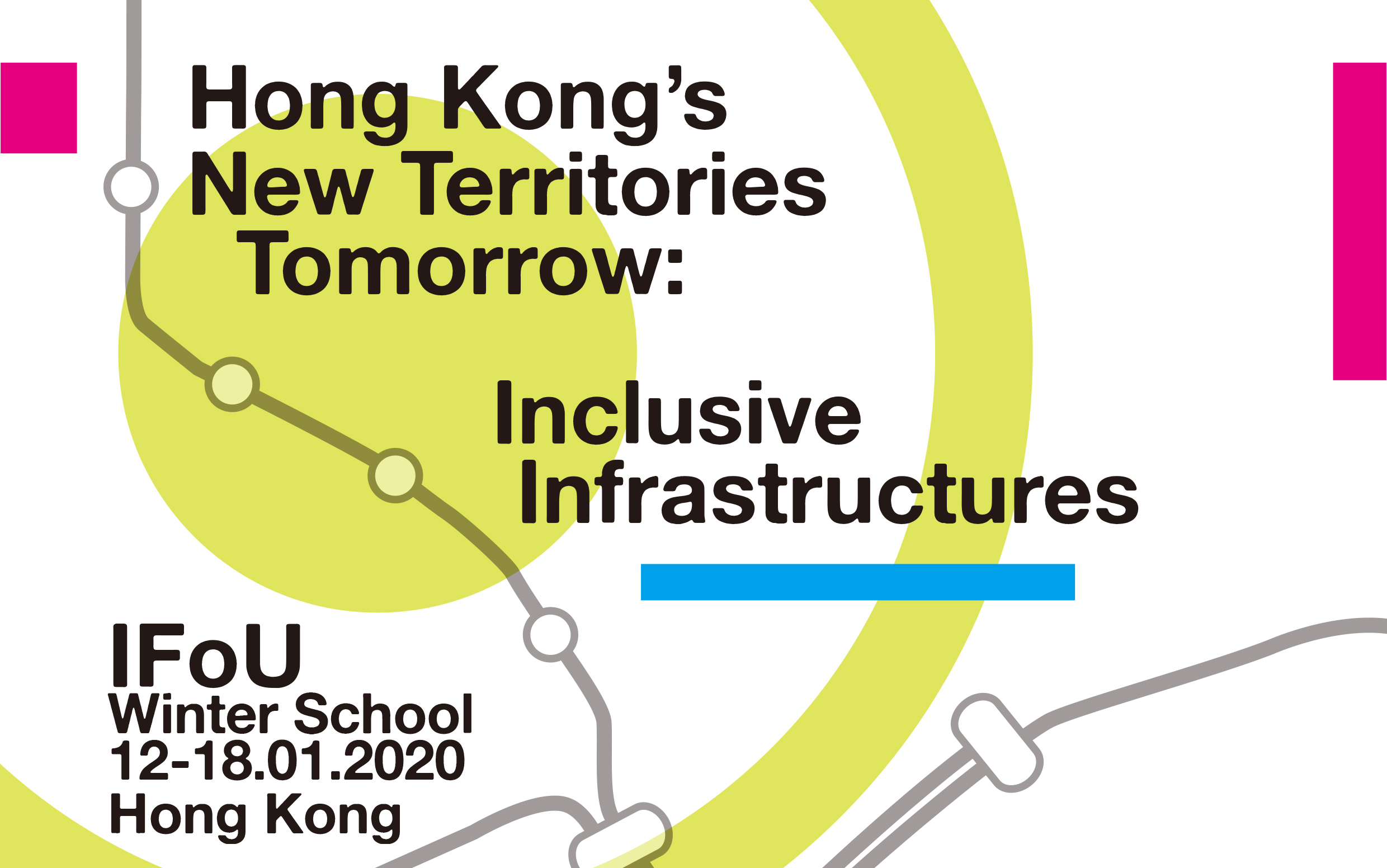
In recent years Hong Kong has struggled to generate consensus around a vision how to overcome the constricted supply of developable land usable for housing. These challenges facing the region are mostly framed around the development potential of land in the New Territories.
This has prompted several ambitious responses, including a proposal to construct a new Business District on artificial islands in the eastern waters of Lantau Island. Yet there has been little meaningful progress, in the absence of a vision that would be shared with urban stakeholders.
Simultaneously in the New Territories huge areas of agricultural lands lie vacant or are not used in way that would help to solve the supply crisis. It is increasingly apparent that settlements from indigenous villages to new towns have failed to adapt and expand for a new generation.
In June 2019, as part of the World Urban Campaign by UN Habitat, CUHK hosted an Urban Thinkers Campus, bringing together a diverse group of local stakeholders to discuss the future of the New Territories. There was consensus across the community that the ambitious proposal of building new islands near Lantau would not sufficiently address Hong Kong’s spatial needs. The forum identified opportunities to unlock complex planning and ownership arrangements that prevail in the New Territories, enabling a variety of strategically located sites at scales suited to the production of inclusive and participatory urban space in line with the UN Habitat urban agenda.
This year’s IFoU Winter school at CUHK will bring together students and researchers to engage further with the community and develop a series of visionary scenarios and pilot schemes to reframe the development potential of the New Territories. Reflecting on the new town model, students will be challenged to envision a more human centric approach based on a wider understanding of infrastructure, enabling a more equitable city that promotes social mobility. Proposals will implicitly address related issues ranging from blue and green infrastructure, inclusive public space and liveability, to participatory infrastructure design and urban regeneration. These framework proposals will also kickstart the CUHK Urban design studio for 2020.
All interested IFoU partner schools and students interested in joining should contact us via hktieben@cuhk.edu.hk.
International Forum on Urbanism
School of Architecture, Chinese University of Hong Kong